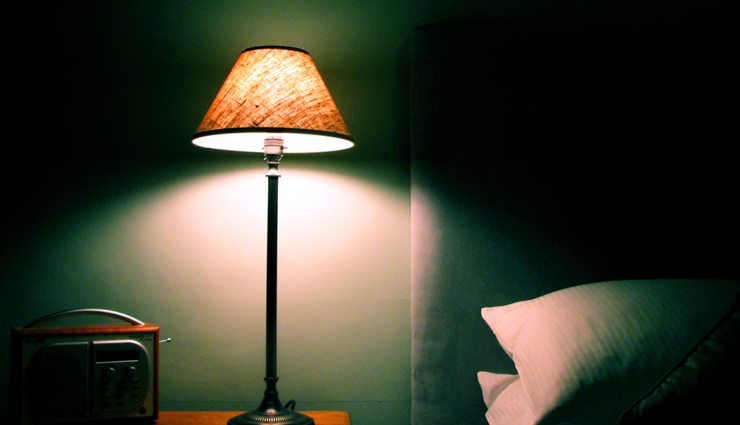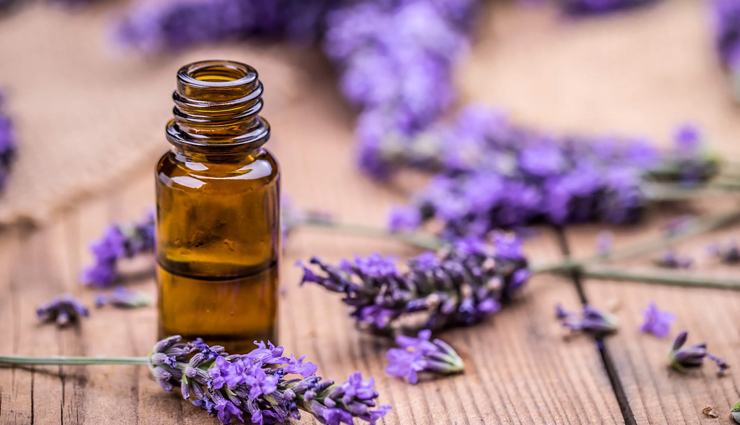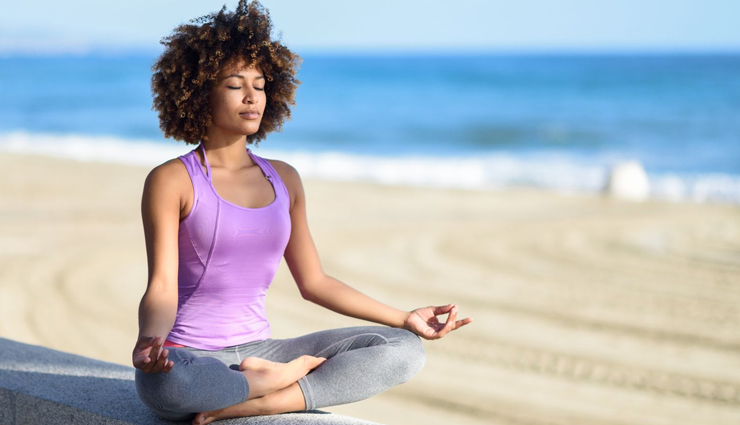- Home›
- Healthy Living›
- 6 Remedies You Can Try To Treat Insomnia
6 Remedies You Can Try To Treat Insomnia
By: Priyanka Maheshwari Fri, 08 Mar 2024 3:45:09

As we adapt to remote work and enjoy the luxury of skipping the daily commute, you'd think we'd all be catching up on our much-needed sleep. Unfortunately, for many of us, that's far from reality. Insomnia continues to plague our nights, with stress and anxiety levels soaring amidst the uncertainties of the pandemic.
It's a tough situation, no doubt. But instead of relying on quick-fix sleep medications with potential drawbacks, there's a gentler path to explore. Ayurveda and the healing powers of nature offer us a treasure trove of natural remedies to tackle insomnia head-on. Let's delve into some of these soothing solutions that our bodies and minds can benefit from, without any harsh side effects.

# Lights Out
If all of us adhered to the Ayurvedic practice of dinacharya or daily routine, this wouldn’t need to even be mentioned. Unfortunately, in our modern productivity obsessed world, where the lights are always on, we need to be reminded to tone it down. Constant exposure to artificial lighting and blue light from digital screens is particularly disruptive to the natural circadian rhythm and your sleep wake cycle.
This is something that has long been recognized in Ayurved and there’s a simple solution although it can appear tough at first. Make it a habit to dim the lighting in your house after sunset and stop using all digital screens at least a few hours before bedtime. You can also use blackout curtains and other methods to block out any external light that could disturb sleep.

# Brahmi
Brahmi is most highly regarded in India as an Ayurvedic brain tonic, but the herb has so much more to offer. While it is effective at boosting brain function, with studies showing that it can improve motor skill learning and protect against dementia, there is also evidence that it can improve sleep quality and relieve insomnia.
The sleep benefits of brahmi may be linked to the influence of the herb on stress hormone levels, as it is known to promote relaxation, which is a prerequisite for good sleep. In fact, a study found that brahmi oil was specifically beneficial for the natural treatment of insomnia when used in the Ayurvedic therapy of shirodhara. At home, you can also use brahmi oil for head massages to get quick relief from stress and insomnia.

# Shankapushpi
Shankapushpi may not be as well known as brahmi, but it is just as highly regarded in Ayurvedic medicine because of its health benefits for brain function. Like brahmi, the herb is known to boost cognitive function and is often used as a natural treatment for depression and anxiety disorders. These stress reduction effects are also known to promote deep relaxation, helping relieve insomnia.
Research supporting the traditional Ayurvedic use of shankapushpi also points to the adaptogenic effects of the herb, which can lower levels of cortisol, making it easier to fall asleep. Although you can use shankapushpi powder to create your own homemade kadha for sleep, it would be best to look for an Ayurvedic medicine that includes it as the primary ingredient.

# Lavender oil
The use of herbal scents to alter mood and improve health is not new to Ayurved, so it is only natural that aromatherapy has been widely embraced, when based on evidence. Considering the growing popularity of aromatherapy essential oils, it would be worth trying to use lavender oil to promote sleep, as it has a long history of use for this purpose.
In fact, some studies have found that the use of lavender can lead to improvements in insomnia symptoms, making it easier to fall asleep, while also increasing duration and quality of sleep.

# Stay Active
Sleep isn’t just influenced by your mind or mental state, independently of the physical body. This is why Ayurved follows a holistic approach to all health problems, including sleep. This is now well recognized, as exercise is known to have direct impact on mood and energy levels, while the weight loss benefits can also lead to improved sleep.
Studies show that regular exercise can lead to a significant reduction in symptoms of insomnia, as well as anxiety and depression. To get these benefits, you should exercise earlier in the day, engaging in moderate intensity activities like walking, jogging, cycling, and swimming. You could also take up a higher intensity yoga routine for the morning, while practicing restorative yoga at night to wind down.

# Meditation
Meditation is today widely recommended by psychologists, psychiatrists, and other sleep experts because of its efficacy in dealing with a variety of mental health problems, including insomnia. This practice, which has long been an integral component of Ayurved and Yoga, is known to cultivate mindfulness, inner peace, and deep relaxation.
Evidence for the benefits of meditation as an insomnia remedy has been demonstrated in studies that found improvement in sleep patterns with the regular practice of meditation. Ideally, you should begin and end your day with meditation, but you can use the practice at any time to relax and calm yourself.





